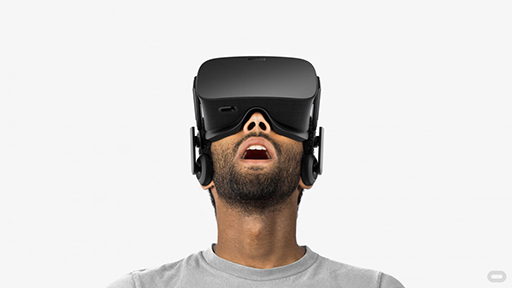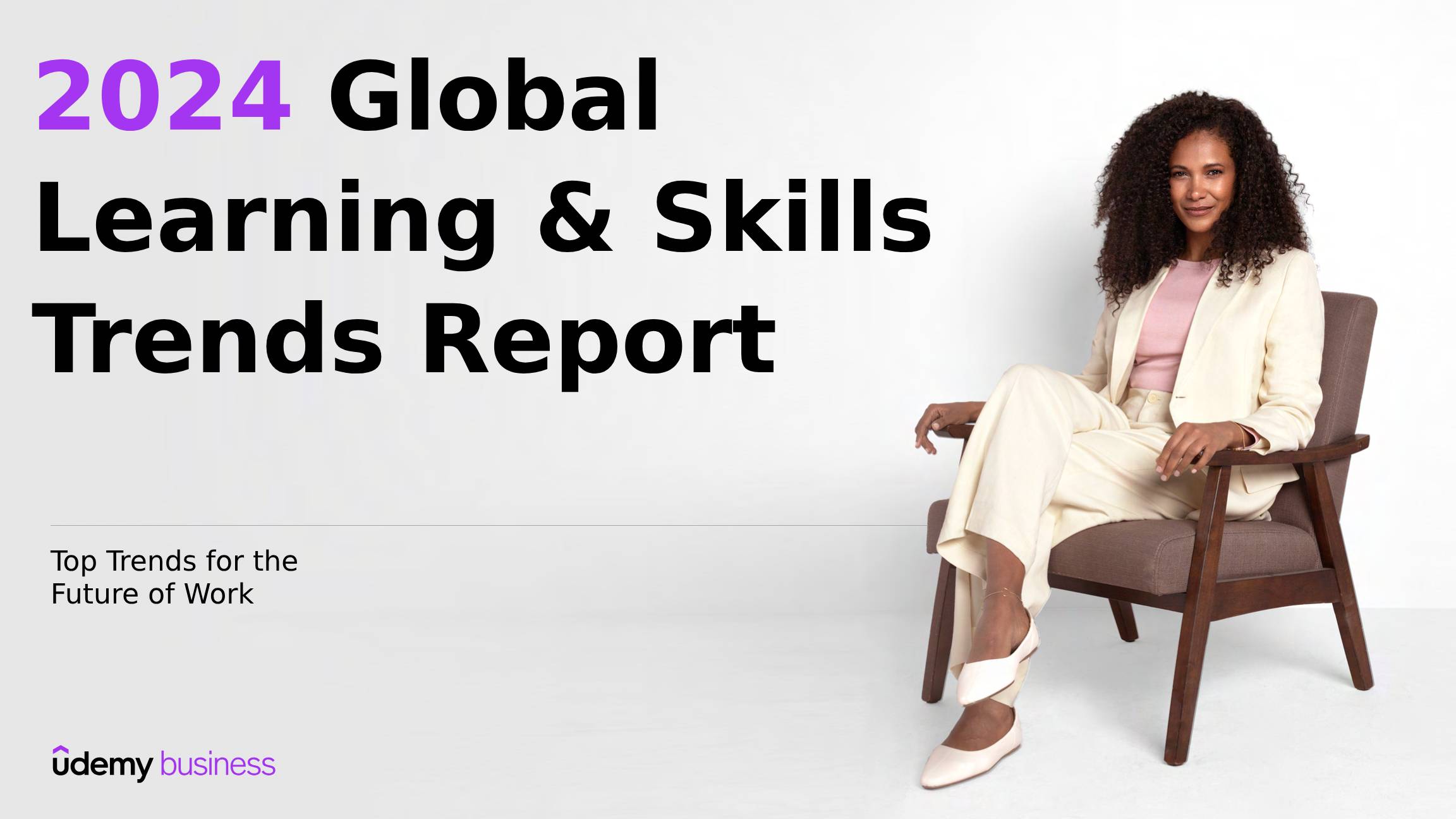Technology and the workplace of the future
As new inventions continue to change the way we live and work, what might the office look like in years to come?


Technology touches every aspect of modern-day life, from our home to our social life to our workplace. With every innovation in virtual reality (VR) or artificial intelligence (AI) comes a conversation about how it can help increase efficiency, save money or help make working life easier, and this rapid pace of change is becoming a normal part of everyday existence.
But with progress there naturally comes a certain amount of fear. For example, AI has been one of the biggest sources of concern for the workforce for years, with many employees worried their skills will soon become redundant as the technology becomes more and more sophisticated and commonplace.
But futurologist Dr Ian Pearson thinks the issue isn't as threatening as some have predicted: "[AI] will eradicate a few jobs, but the biggest impact will be in upskilling people and improving productivity, in much the way that a few seconds on Google has already replaced a half day in a library. Less able employees, assisted by powerful AI, will be able to do work previously associated with higher level workers. It will therefore help in self-actualisation and make people happier at work."
"Today, your iPhone finishes your sentences, Facebook suggests who to invite to your next party and Google will tell you when to check into your flight," adds Stuart Cochran, chief technology officer at collaboration and project management software firm, Huddle. "A recent string of predictive analytics and other AI technology acquisitions by Salesforce, Microsoft and Google suggests a major shift towards the consumerisation of enterprise IT and the adoption of automation within the workplace."
In addition to the way we work, the physical space of the office will also likely be unrecognisable in ten years time. Without a necessity for workers to be in the same geographical location to work effectively together, the fundamental norms of the workplace have no reason to remain the same, either.
Ian Wilding, founder of 'digital disruption' agency Radical Company, envisions the concept of e-meetings progressing to the point where workers are can holographically project themselves to another location.
"It's widely accepted technology has made the world a smaller place," he says. "The rise of instant messaging, video conferencing and mobile devices means UK professionals can connect with partners across the world at the click of a button. The office of the future will take this one step further, facilitating what will be known as holoportation."
Get the ITPro daily newsletter
Sign up today and you will receive a free copy of our Future Focus 2025 report - the leading guidance on AI, cybersecurity and other IT challenges as per 700+ senior executives
He continues: "3D capture technology will enable professionals anywhere in the world to be transmitted in a high quality holograph form. This will then allow international meetings to take place without the need for time-consuming travel, as virtual reality 3D teleportation wearables give the impression the meeting is happening before your eyes."
New blood and the promise of VR

There's a sense that the younger generation is driving this change faster than ever, with a 'work from anywhere' mindset pushing aside the standard way of doing things and forcing innovation that will mould the environment to the way they want to work for the next 40 to 50 years.
"Millennials will not tolerate the commute," says Christer Holloman, former technology journalist and founder of Divido.com. "They want to work from anywhere, a VR solution can offer us a gateway to a shared virtual workplace. We already offer flexible hours, virtual offices could be next... VR will do to the cost of office space what 'open office plans' and 'hot desking' did 10 years ago."
Barnaby Lashbrooke, founder of virtual assistant platform Time Etc, adds: "Ask many of the office workers of today, and they'd tell you their daily commutes and 9 til 6 routines are pointless. Portable devices have enabled fluidity in the workforce, with remote working now as normal as trudging into an office. In the next decade, we'll see that fluidity overtakes office-based work as the norm."
Key to this transformation will be virtual reality and its ability to foster collaboration among team members with or without them being in the same physical space. As a result, it will be easier for global workforces to interact with each other and, using one specific example, for employees on parental leave to work from home. This flexibility will also increase employee retention, and could give forward-thinking companies an edge over the next few years.
"Not only will people choose and change up where they work from, they'll also choose when," Lashbrooke continues. "Humans aren't programmed to work at their optimum between the hours of 9 and 5, we were simply told to do so. Offices will still exist for a small central team of key people, with hot-desking space for those who want to collaborate, but everything else will be done by freelancers or virtual staff.
"Currently, employers are still insisting on face-time to foster collaboration, but conferencing technology will improve, especially now we've seen the advent of virtual reality to the mainstream. So that will eventually fade away. It sounds lonely, but it opens up opportunities for employees who can live where they want to, or where they can afford to, and could technically travel the world while working and earning."
Augmented reality (AR) may also have a role in certain industries such as for engineering, says Pearson, allowing them to better visualise their work and accelerate creativity.
He adds: "Many people are concerned about upcoming technology, but while machines will do machine work, it is comforting to think that the more advanced technology becomes, the more it forces us to focus on truly being human."
Caroline has been writing about technology for more than a decade, switching between consumer smart home news and reviews and in-depth B2B industry coverage. In addition to her work for IT Pro and Cloud Pro, she has contributed to a number of titles including Expert Reviews, TechRadar, The Week and many more. She is currently the smart home editor across Future Publishing's homes titles.
You can get in touch with Caroline via email at caroline.preece@futurenet.com.
-
 Should AI PCs be part of your next hardware refresh?
Should AI PCs be part of your next hardware refresh?AI PCs are fast becoming a business staple and a surefire way to future-proof your business
By Bobby Hellard
-
 Westcon-Comstor and Vectra AI launch brace of new channel initiatives
Westcon-Comstor and Vectra AI launch brace of new channel initiativesNews Westcon-Comstor and Vectra AI have announced the launch of two new channel growth initiatives focused on the managed security service provider (MSSP) space and AWS Marketplace.
By Daniel Todd
-
 IT professionals aren’t budging on flexible work demands – and more than half say they’ll quit if employers don’t meet expectations
IT professionals aren’t budging on flexible work demands – and more than half say they’ll quit if employers don’t meet expectationsNews Analysis from Randstad shows 40% of UK-based IT pros have quit over a lack of flexible work options, while 31% of workers globally have done the same.
By Ross Kelly
-
 'Digital hide-and-seek': Workers are wasting hundreds of hours a year sourcing the information they need to carry out their role
'Digital hide-and-seek': Workers are wasting hundreds of hours a year sourcing the information they need to carry out their roleNews Knowledge workers globally are wasting a quarter of their working week tracking down information, new research from Atlassian has revealed.
By George Fitzmaurice
-
 'The tide seems to be turning towards office attendance': 64% of hybrid business leaders want staff back in the office – but many worry that enforcing RTO mandates will drive employees away
'The tide seems to be turning towards office attendance': 64% of hybrid business leaders want staff back in the office – but many worry that enforcing RTO mandates will drive employees awayAnalysis Many UK business leaders want their staff back in the office more frequently, but they’re scared to implement return to office (RTO) mandates in fear of worker revolts.
By George Fitzmaurice
-
 Employees are dead set on flexible working arrangements – three quarters would turn down a role that didn't offer hybrid options as work-life balance becomes more important than pay
Employees are dead set on flexible working arrangements – three quarters would turn down a role that didn't offer hybrid options as work-life balance becomes more important than payNews New research shows workers are increasingly demanding flexible working arrangements from employers.
By Emma Woollacott
-
 Nearly half of tech workers are seeking new roles – declining employee benefits and reduced flexible working options have staff looking elsewhere
Nearly half of tech workers are seeking new roles – declining employee benefits and reduced flexible working options have staff looking elsewhereNews While salaries are rising for tech workers, other benefits are in decline, leading to a fall in job satisfaction
By Emma Woollacott
-
 Untethered: How CIOs and CISOs are paving the way for the new hybrid workforce
Untethered: How CIOs and CISOs are paving the way for the new hybrid workforceWhitepaper Effective techniques to transition from exposed legacy infrastructure to an effective zero trust strategy
By ITPro
-
 Essential skills for managers: Develop resilient employees
Essential skills for managers: Develop resilient employeesWhitepaper Build team culture, no matter where your people are located
By ITPro
-
 2024 Global learning & skills trends report
2024 Global learning & skills trends reportWhitepaper Top trends for the future of work
By ITPro